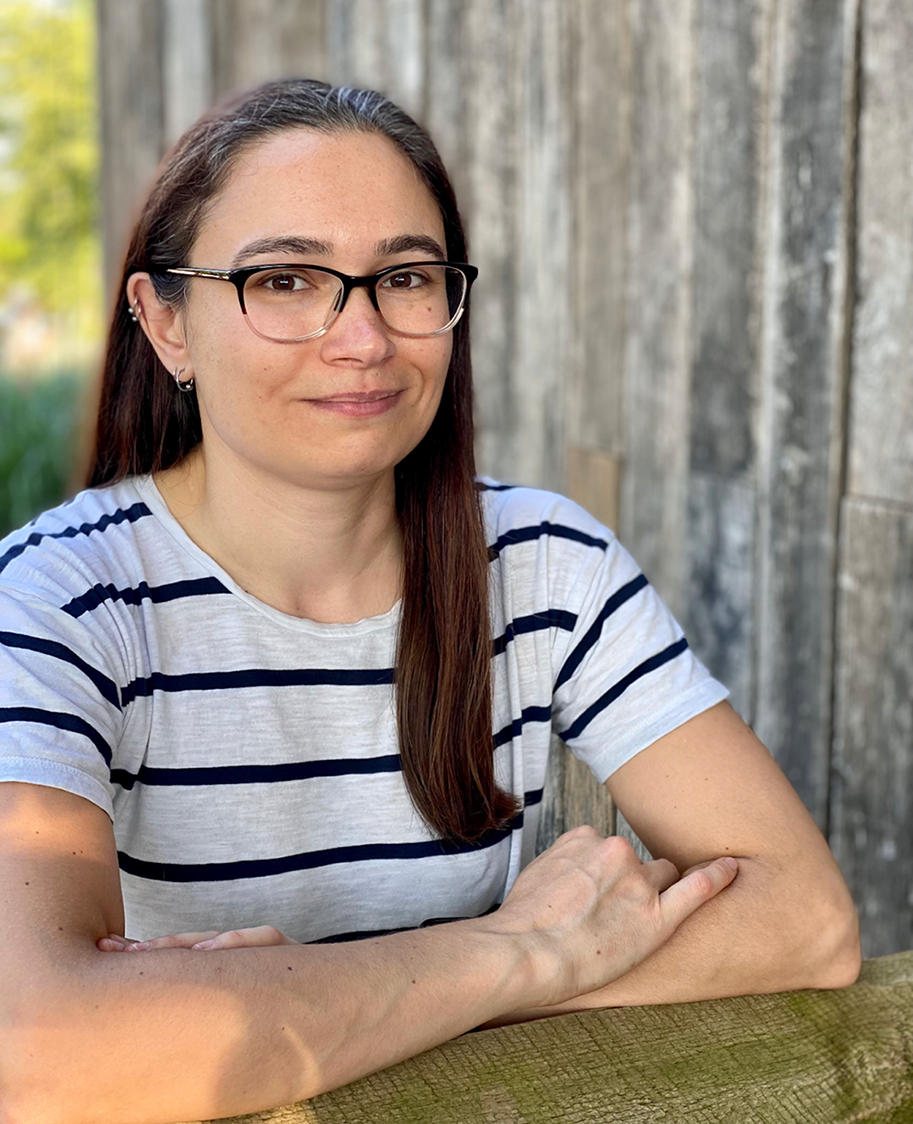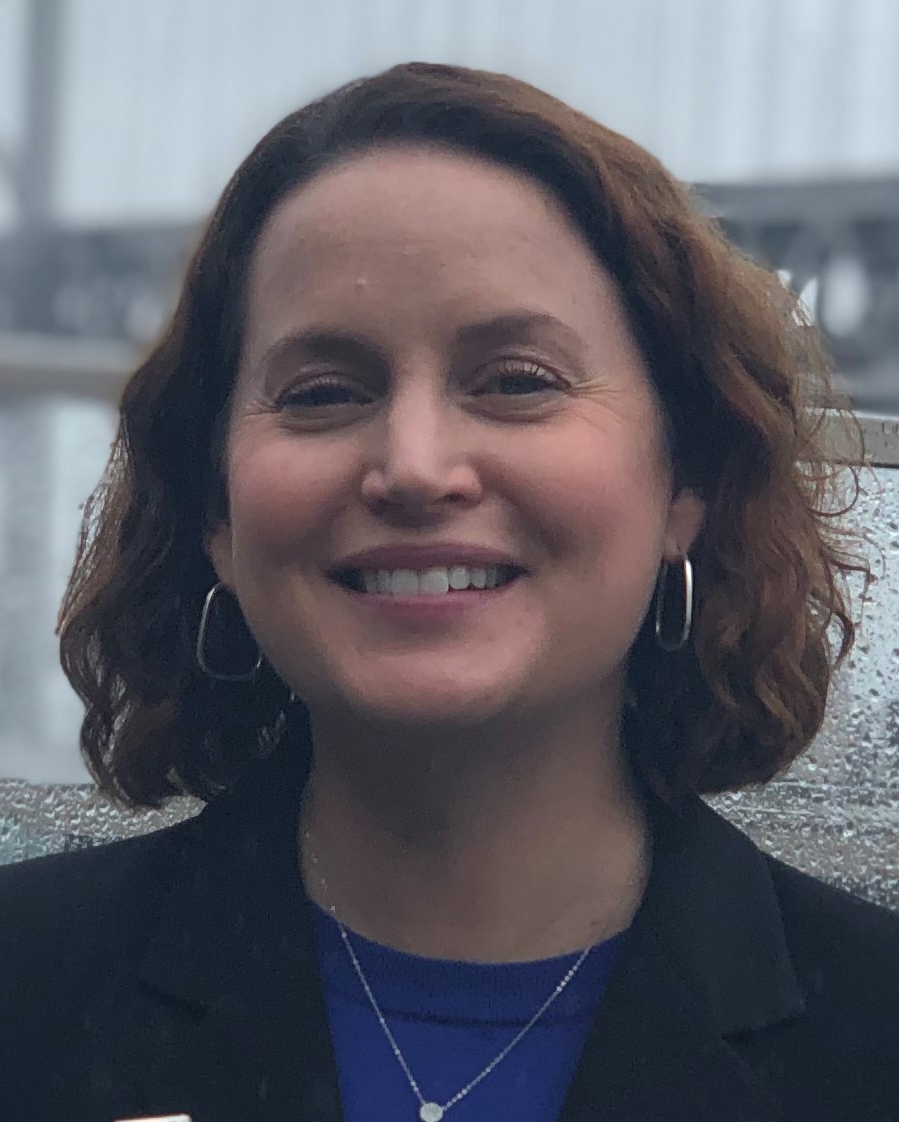Making Beautiful Images of NOAA Satellite Data using Python
Observations from NOAA’s geostationary (GOES-R) and polar-orbiting (JPSS) satellites provide vital information for a myriad of research and operational applications in Atmospheric and Oceanic Sciences. NOAA satellite data are distributed in netCDF4 (.nc) format, however, and the process of accessing the files and processing the contents correctly can be challenging. This short course will break down these barriers by teaching participants how to use Python to perform the basic steps necessary to work with NOAA netCDF4 satellite data files, with the end goal of making professional-quality imagery suitable for use in scientific presentations and journal articles, or in social media.
January 8, 2023 at 8:00 AM - 3:30 PM Mountain Time (Hybrid) - Colorado Convention Center: Room 502
| Registration close date: | December 29, 2022 |
| Participant cap: | 100 (50 in-person, 50 remote) |
Accessibility, Safety, and Inclusivity at the Meeting
Course Description:
The full-day course will consist of sequential hands-on Python tutorials. Participants will run provided Python code in Jupyter Notebook, learning best practices for using popular Python packages such as netCDF4, NumPy, Matplotlib, Cartopy, MetPy, and SharpPy to:
- Access/download NOAA satellite netCDF4 files from online data archives
- Open netCDF4 data files, understand the file structure, and read the file contents
- Process satellite data and apply quality/confidence flags
- Visualize satellite data, including use of map projections.
Examples will focus on specific GOES-R (ABI) and JPSS (VIIRS, NUCAPS) datasets, such as dust RGB, aerosol optical depth, and temperature and water vapor profiles, for relevant events/hazards including fires, smoke, blowing dust, and winter storms. But the presented workflow and Python skills will be applicable to any NOAA netCDF4 satellite data. At the end of the course, participants will have the opportunity to visualize a data file of their choosing; participants can bring a data file to work with, or instructors can help them download a file of interest from one of the NOAA online archives.
Requirements & Prerequisites
Basic familiarity with Python is strongly recommended. Those new to Python must have expertise in another programming language (e.g., IDL). Potential participants who are unsure if they have the necessary Python skills should contact the instructors prior to registering for the course.
Participants must use their own computer for the Short Course. The instructors will distribute the course Python code files in Jupyter Notebook format (.ipynb) no later than one week before the course; participants will be expected to install these files on their computer prior to the beginning of the course.
Instructors:

Dr. Rebekah Esmaili
STC at NOAA/NESDIS Joint Polar Satellite System (JPSS) Proving Ground and Risk Reduction (PGRR) program

Dr. Amy K. Huff
IMSG at the NOAA/NESDIS Center for Satellite Applications and Research (STAR)